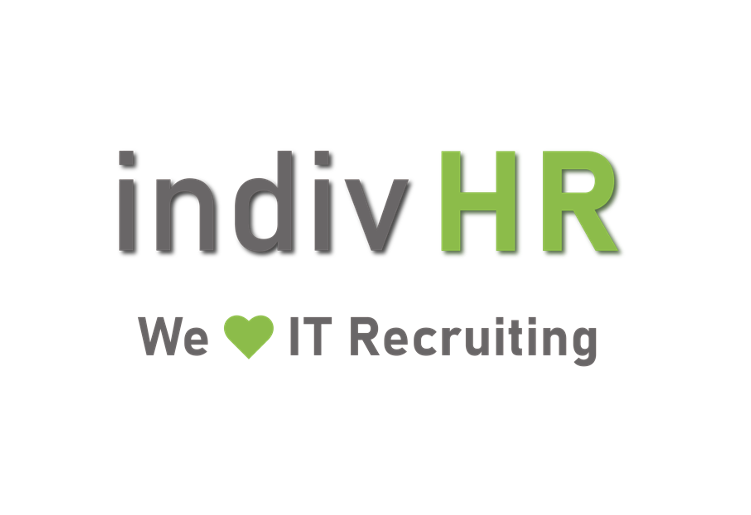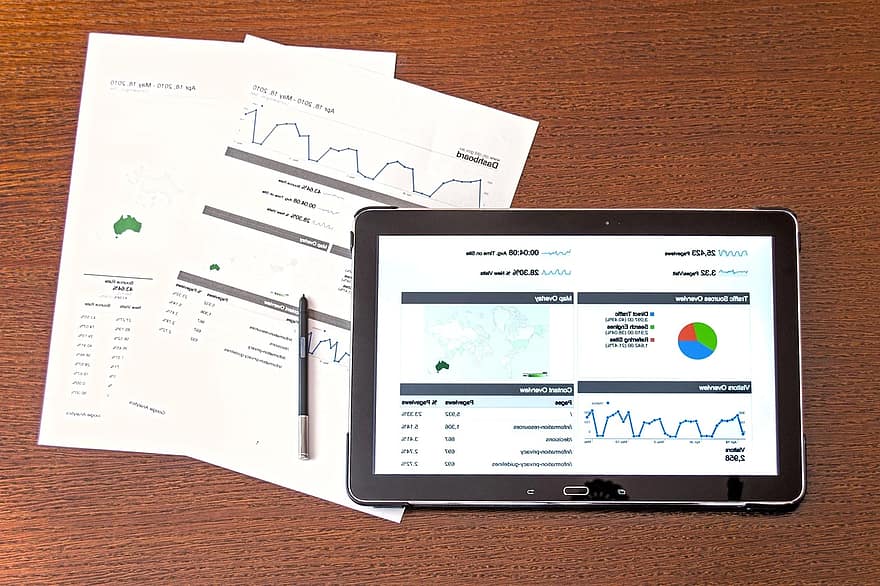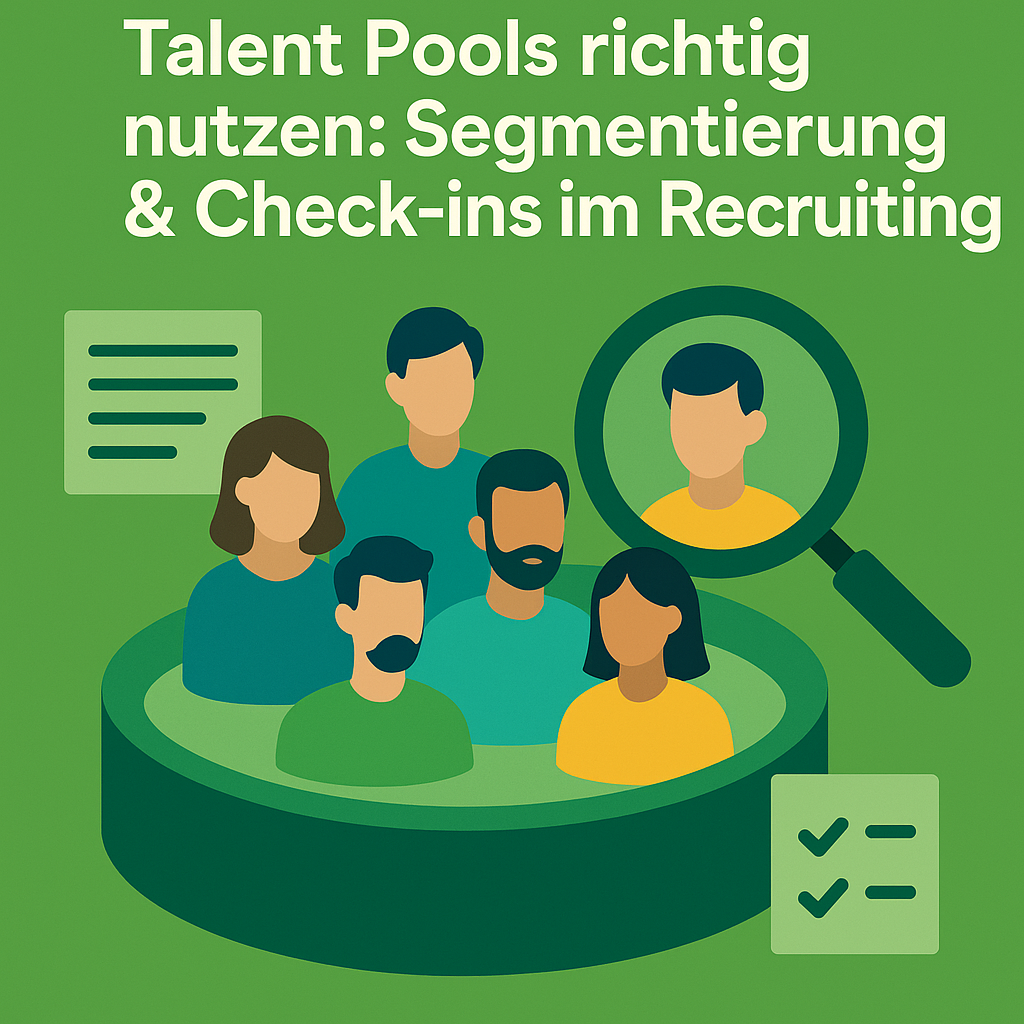Analytics and business intelligence (BI) have become indispensable for many companies today. These technologies enable companies to collect, analyse and interpret data to make better business decisions. As an IT recruiter, it is important to understand the requirements and skill sets for the role of analytics and BI professionals in order to find the best candidates for organisations. In this article, we will take an in-depth look at the topic and take a closer look at the requirements and skills for the role of analytics and BI professionals.
What is Business Intelligence (BI)?
Business Intelligence (BI) refers to technologies, applications and practices for collecting, integrating, analysing and presenting business data. The main task of BI is to transform data into meaningful information that helps companies to optimise their business processes and make better decisions.
BI encompasses a wide range of tools and technologies, including databases, data integration tools, reporting software, dashboard tools, data mining tools and predictive analytics tools. BI professionals are able to collect data from various sources and turn it into visually appealing dashboards and reports that enable executives and other decision makers to make critical business decisions.
What is analytics?
Analytics is another important area for companies, as it helps to gain deep insights into the performance and behaviour of companies. Analytics involves the use of data to recognise patterns and trends and make informed decisions. It is a discipline that combines statistics, maths and computer science.
Analytics is used in various industries, including finance, healthcare, e-commerce, marketing, manufacturing and many others. There are different types of analytics, including descriptive analytics, predictive analytics and prescriptive analytics.
Descriptive analytics describes what has happened in the past and enables companies to track their performance over time. Predictive analytics goes one step further and uses historical data to make predictions about future events. Finally, prescriptive analytics recommends the best courses of action based on data.
What skills are required for analytics and BI experts?
Analytics and BI professionals need to have a variety of skills to fulfil their roles effectively. Here are some of the most important skills an analytics and BI professional should have:
-
Data analysis skills
An analytics and BI expert must be able to collect, process and analyse large amounts of data from various sources. They must be able to create complex data models, develop databases and analyse the data using the right tools.
-
Knowledge of statistics and maths
Analytics and BI experts must have basic knowledge of statistics and mathematics in order to carry out data analyses. They must be able to create statistical models, test hypotheses and make predictions. In addition, they must be able to create mathematical models to optimise business processes.
-
Programming skills
An analytics and BI expert must be able to deal with different programming languages, including SQL, Python, R and Java. They must be able to extract, transform and load data and be able to write scripts and algorithms to perform complex data analyses.
-
Communication skills
An analytics and BI expert must be able to communicate complex data analyses in a clear and understandable language. They must be able to create visually appealing dashboards and reports that help executives and other decision makers make informed decisions.
-
Business understanding
An analytics and BI expert must have a deep understanding of the business they are working for. They must be able to understand business processes, identify business goals and perform data analyses that help achieve these goals.
Examples of analytics and BI projects
Here are some examples of analytics and BI projects that analytics and BI experts can work on:
-
Sales Analytics
A company could perform data analyses to measure sales performance and identify patterns in sales data. They could create reports and dashboards that enable sales staff and managers to optimise their sales strategies and make informed decisions.
-
Customer analysis
A company could perform data analysis to identify patterns in customer data and predict customer behaviour. They could create reports and dashboards that enable the company to develop personalised offers and marketing strategies to retain customers and attract new ones.
-
Operational analysis
A company could carry out data analyses to improve the efficiency of business processes. They could create reports and dashboards that enable the company to identify weaknesses in business processes and optimise them to save time and resources.
Analytics and Business Intelligence are essential technologies for companies to make informed decisions and optimise their business processes. As an IT recruiter, it is important to understand the requirements and skills for analytics and BI professionals in order to find the best candidates for these positions. An analytics and BI professional must have a wide range of skills and knowledge, including data analysis, statistics and maths, programming, communication and business understanding.
It is also important to understand that analytics and BI projects can be diverse and can be applied in many different business areas. Companies can use data analytics to optimise sales performance, customer behaviour and business processes.
As an IT recruiter, you should ensure that your candidates have the right skills and experience to be successful in an analytics and BI role. A good candidate should be able to perform complex data analyses, create visually appealing dashboards and reports and be able to deal with different programming languages. In addition, they should have a deep understanding of the business they work for and be able to make informed decisions based on data.
Overall, analytics and business intelligence is an emerging field with many opportunities. Organisations need to be able to use their data to make better decisions and stay competitive. IT recruiters can play an important role in finding the best analytics and BI experts to help companies optimise their business processes and be more successful.
 +49 89 255551288
+49 89 255551288  +43 664 4161456
+43 664 4161456




